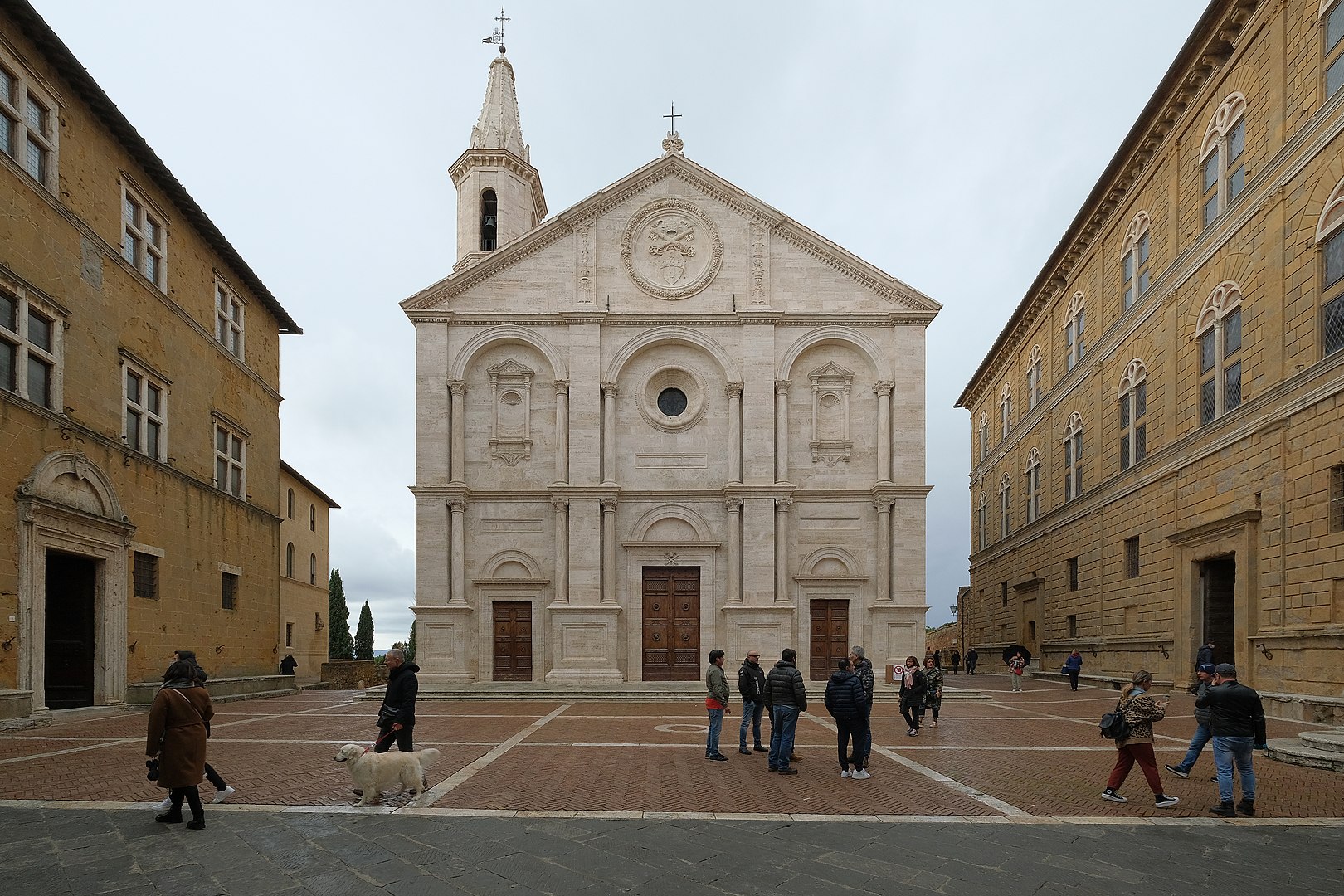Residents of the small Tuscan town of Pienza were outraged when tourists demanded that the bells of the local clock tower be silenced overnight.
“We are not the only ones who have taken such a decision,” said the mayor in his defense after locals complained.
Pienza in Tuscany, a UNESCO World Heritage site, is famous for its 15th-century buildings. As well as being home to the Pienza Cathedral and the Piccolomini Palace, it is the summer residence of Pope Pius II and the location of Franco Zeffirelli’s Romeo and Juliet.
The characteristic clock tower is 560 years old, and the buildings surrounding the square date back to 1459. The Renaissance clock tower used to chime every 30 minutes, regardless of the time of day.
But foreign visitors to the small town found it noisy. Many commented that the bells kept them awake at night. Fed up with the hordes of grumbling tourists, the town council decided to silence the bells in Pienza between 10 p.m. and 7 a.m.
The complaints were mostly reported by local tourist lodgings, especially in the summer, when the unbearable heat forces people to sleep with the windows open to make the night a little more bearable.
“Several people have complained,” the mayor of Pienza told the Telegraph. According to Manolo Garosi, the noise was mostly a nuisance to people who rented apartments near the piazza, the main square, or the bell tower.
While this measure by the Pienza municipality was welcomed by tourists, not all locals were happy about the decision. Some argued that the bells are an integral part of the pulse of the small town.
Mayor Garosi, however, defended the decision by saying that in other cities, where the ringing of bells was also disturbing the peace and quiet of foreign guests, they had done the same. Others in the region reacted differently, limiting the number of tourists, which had risen sharply after the epidemic subsided, the Independent reported.
The Italian region of Trentino-Alto Adige introduced new rules in May to limit the number of nights a visitor can stay. The region has “reached the upper limit of the number of visitors,” argued Tourism Minister Arnold Schuler.






